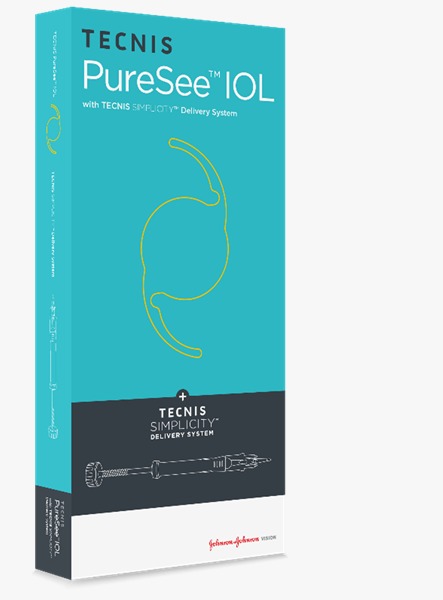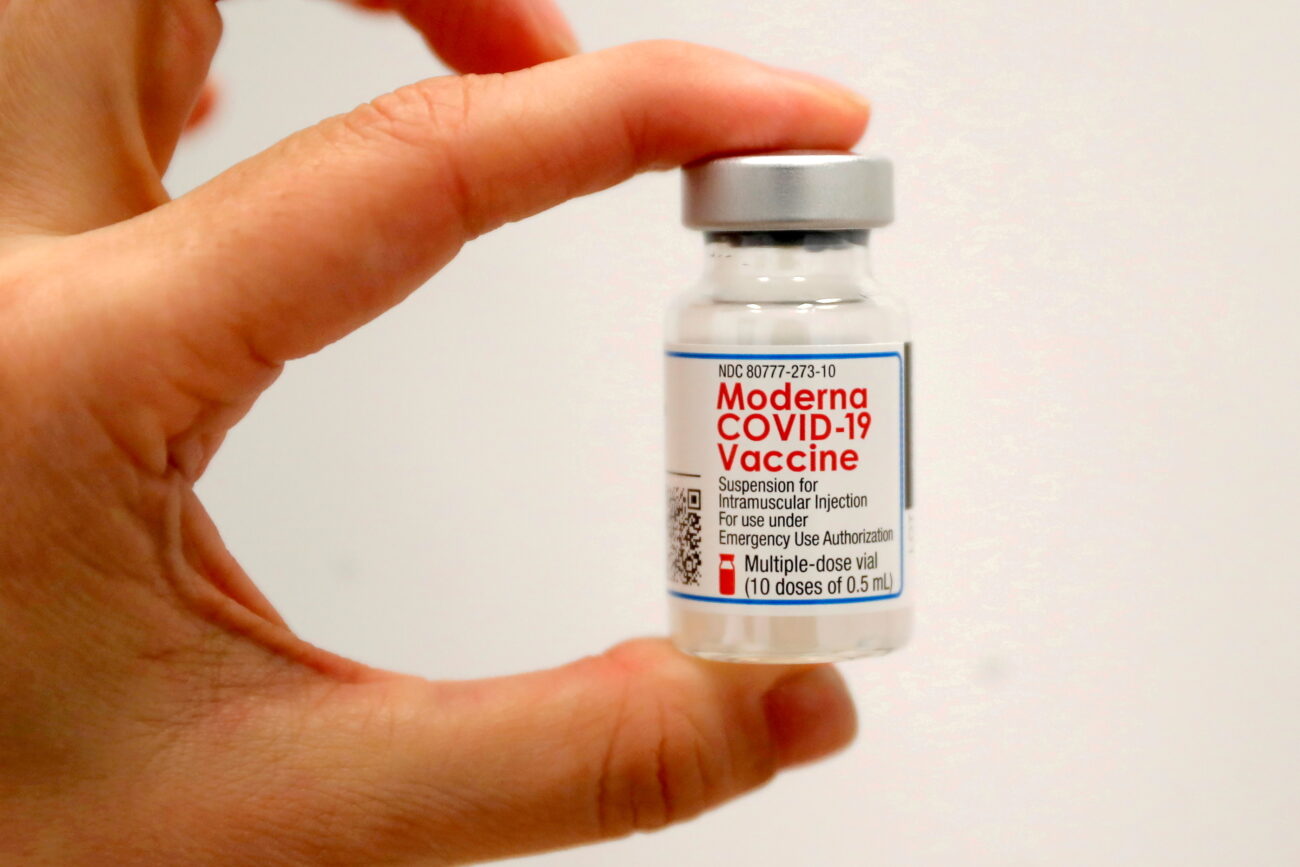NCDRC Orders Johnson & Johnson to Compensate Patient for Faulty Hip Implant
In a significant ruling, the National Consumer Disputes Redressal Commission (NCDRC) has directed Johnson & Johnson Limited to pay Rs 35 lakh to a consumer who experienced medical complications due to a faulty hip replacement

In a significant ruling, the National Consumer Disputes Redressal Commission (NCDRC) has directed Johnson & Johnson Limited to pay Rs 35 lakh to a consumer who experienced medical complications due to a faulty hip replacement device. The commission, comprising presiding member Ram Surat Maurya and members Subhash Chandra and Inder Jit Singh, was addressing a complaint filed by Purushotham Lohia, who sought Rs 5 crore in compensation for the defective DePuy Acetabular System Resurfacing (ASR XL) hip implant.
Lohia underwent total hip replacement surgery using the ASR XL device. Although Johnson & Johnson reimbursed Rs 25 lakh for his subsequent revision surgery in May 2017, Lohia argued that he had not received compensation for his ongoing losses. The complaint highlighted that Lohia still suffers from a noticeable limp and persistent pain, impacting his ability to perform professional duties. Additionally, he claimed that his family has endured trauma due to the negligence of the company.
In its order dated September 3, the NCDRC referenced findings from an expert committee set up by the government to investigate issues surrounding the faulty ASR hip implants. The committee, along with various foreign court rulings, concluded that the implant was defective due to its design, establishing the company’s strict liability for this defect.
The commission emphasized that the “inherently defective design” of the ASR XL implants led to complications for patients, including elevated levels of chromium and cobalt, which often necessitated premature revision surgeries.
The NCDRC stated, “We are of the view that all such patients or complainants in India, who have used the ASR XL implant and have undergone revision surgeries prematurely, are entitled to a certain minimum or basic level of compensation, irrespective of the nature and extent of complications caused by such implants.”
Consequently, the commission determined that Rs 35 lakh would be the just and fair minimum compensation for each patient who had undergone revision surgery related to the defective implant up to the date of this order. This ruling marks a pivotal moment for consumers affected by medical devices, reinforcing accountability among manufacturers for product safety.






